
By: Hertha Ekandjo
The Windhoek central hospital has been operating without a mammogram machine for nearly five years.
This was revealed by the Cancer Association of Namibia (CAN) CEO Rolf Hansen on Wednesday.
CAN donated the mammogram machine, received by the first health minister, Nickey Iyambo, in 1991 and operated in the Windhoek Central Hospital.
According to the CEO, the machine was the only one that could be accessed by those who cannot afford private hospitals.
A mammogram machine is used to check for breast cancer in women with no signs or symptoms of the disease.
Mammograms expose the breasts to small amounts of radiation. But the benefits of mammography outweigh any possible harm from radiation exposure. Modern machines use low radiation doses to get breast x-rays high in image quality. On average, the total dose for a typical mammogram with two views of each breast is about 0.4 millisieverts.
According to Modern Healthcare, the average price of a brand new mammogram is US$200,000 (N$3,344,000) to US$500,000 (N$8360000).
“That machine was donated by CAN, and it had a ten years service plan on. After the service plan that we bought with it, they did not renew it,” said Hansen.
“This was the one and only mammogram in the country,” he clarified.
According to Hansen, the only way for a person to get tested for breast cancer now is to visit a private hospital.
His words follow the launch of the national cancer awareness week that was launched at CAN in Windhoek on Monday.
Hansen added that this was not the only broken machine linked to cancer, but the radiotherapy machine as well.
A radiotherapy machine is a medical linear accelerator (LINAC) device used for external beam radiation treatments for patients with cancer. It delivers high-energy x-rays or electrons to the region of the patient’s tumour.
A doctor who opted to remain anonymous from the Windhoek Central hospital confirmed this, saying that the machine was the only machine.
“Yes, the state hospital machine has been broken for many years, probably three or more. It was broken over three years ago,” said the doctor.
The health executive director, Ben Nangombe, told The Villager that after receiving queries from this paper, he engaged with health facilities and confirmed that the country’s only mammogram experienced technical issues.
“As a result, efforts are being made to solve the problem, and steps have been taken to procure a new mammogram machine to address that particular problem,” he said.
In December 2018, Nangombe said that the machine had broken for two months and was awaiting to be fixed.
At the time that the machine was broken, patients had to be sent home as appointments could not be kept, whilst technicians had to be brought in from South Africa.
In March 2019, it was reported that the state hospital’s mammogram machine was out of operation after a patient approached the hospital for a breast cancer diagnosis.
At that time, the patient stated that a doctor from the hospital told her that she had signs of cancer, so I had to go for a breast sonar for them to be 100 per cent sure.
According to the patient, when she went to the hospital’s matron, she was told that the machine was broken and that she should go to a private health institution.
During that time, she noted that she went and had to pay N$1,666. 75, for a sonar at a private health institution.
In October 2019, patients from outside Windhoek had been crammed in at the hospital, while others were continuously sent home to wait for the only radiotherapy machine owned by the government to be fixed.
During that time, patients were told to either return to their respective towns or wait in their respective wards until January 2020, when the machine would hopefully be fixed.
At the same time, those from outside Windhoek were told they would be notified by phone. The matter was apparently so tense that experts in the department threatened to quit, citing the slow progress and deliberate politicking at the expense of patients who urgently need help.
In 2004, Namibia’s only machine to treat skin cancer and superficial lesions at the AB May Cancer Care Centre in Windhoek broke down.
As a result, cancer patients in need of radiotherapy did not
received treatment for months.
Officials in the health ministry, at the time, confirmed at that time mentioned that the high-voltage X-ray machine (HVX) was out of order.
During that time, the ministry said it had no money to repair the machine and was awaiting the approval of its 2004-05 budget allocation.
Donors had reportedly been reluctant to help with the
repairs. The machine was said to be out of order for three
months.
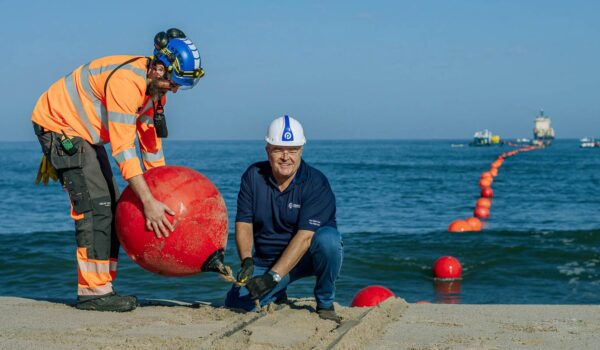
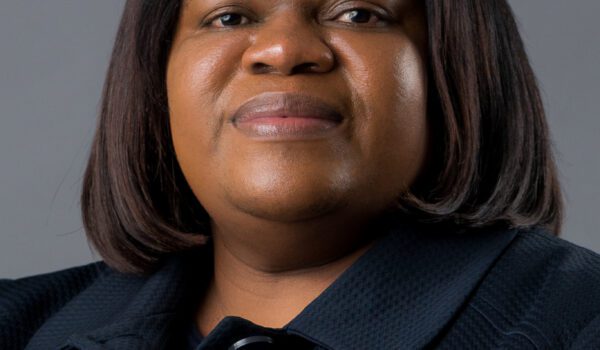
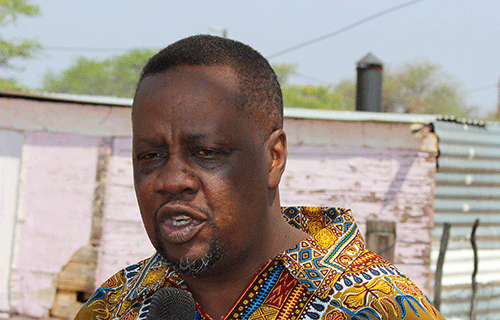

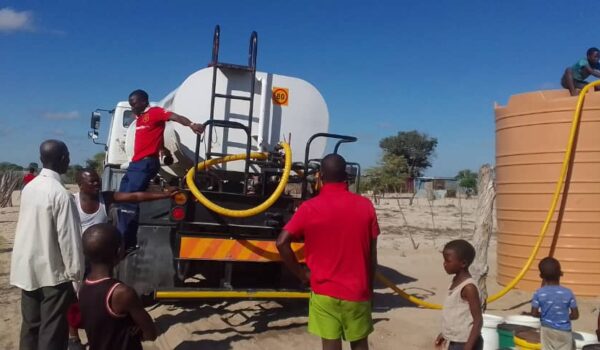
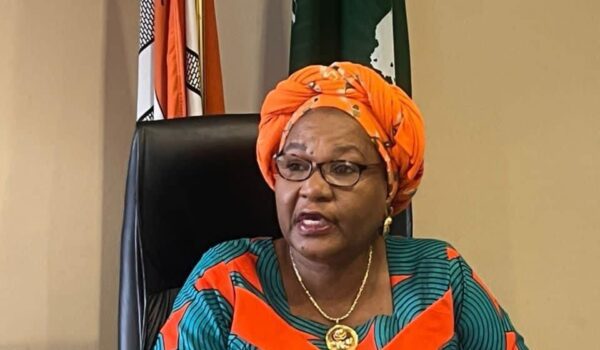
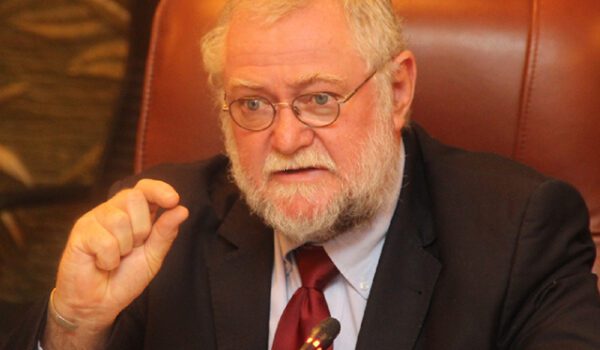
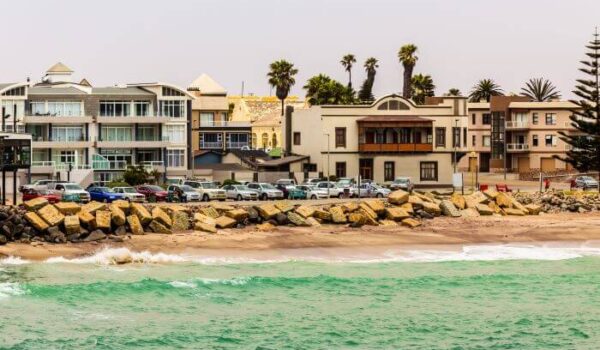

Comments